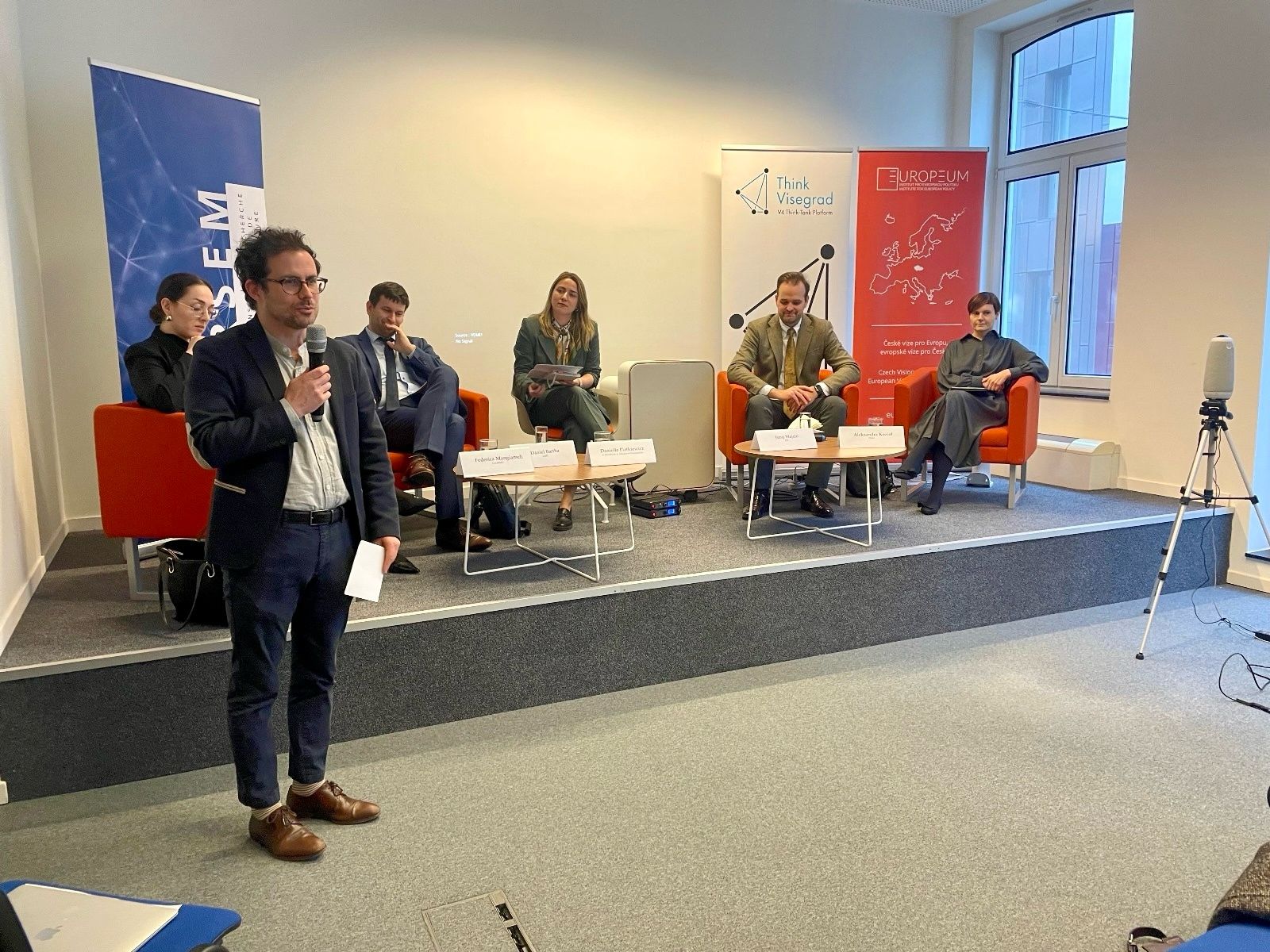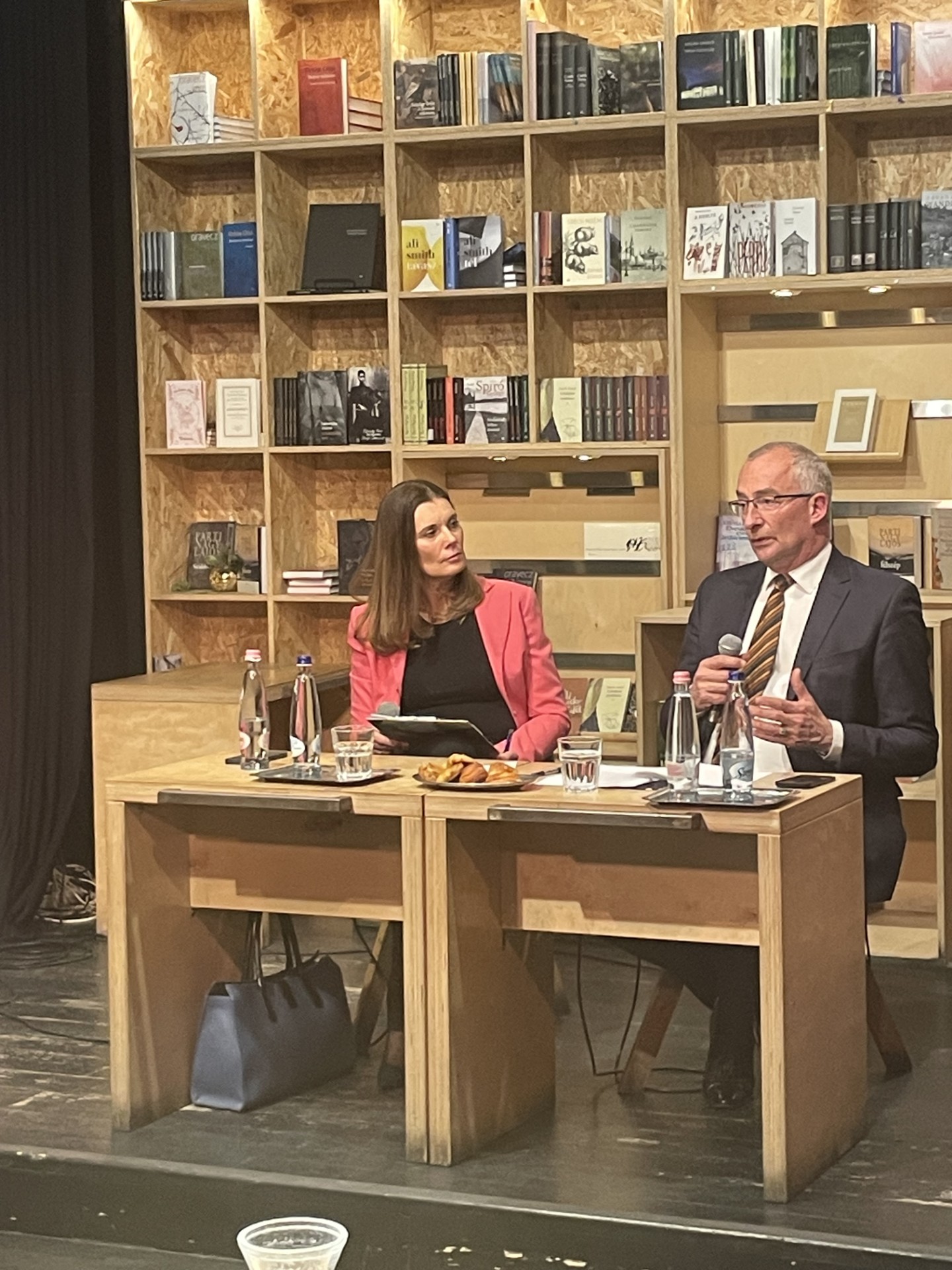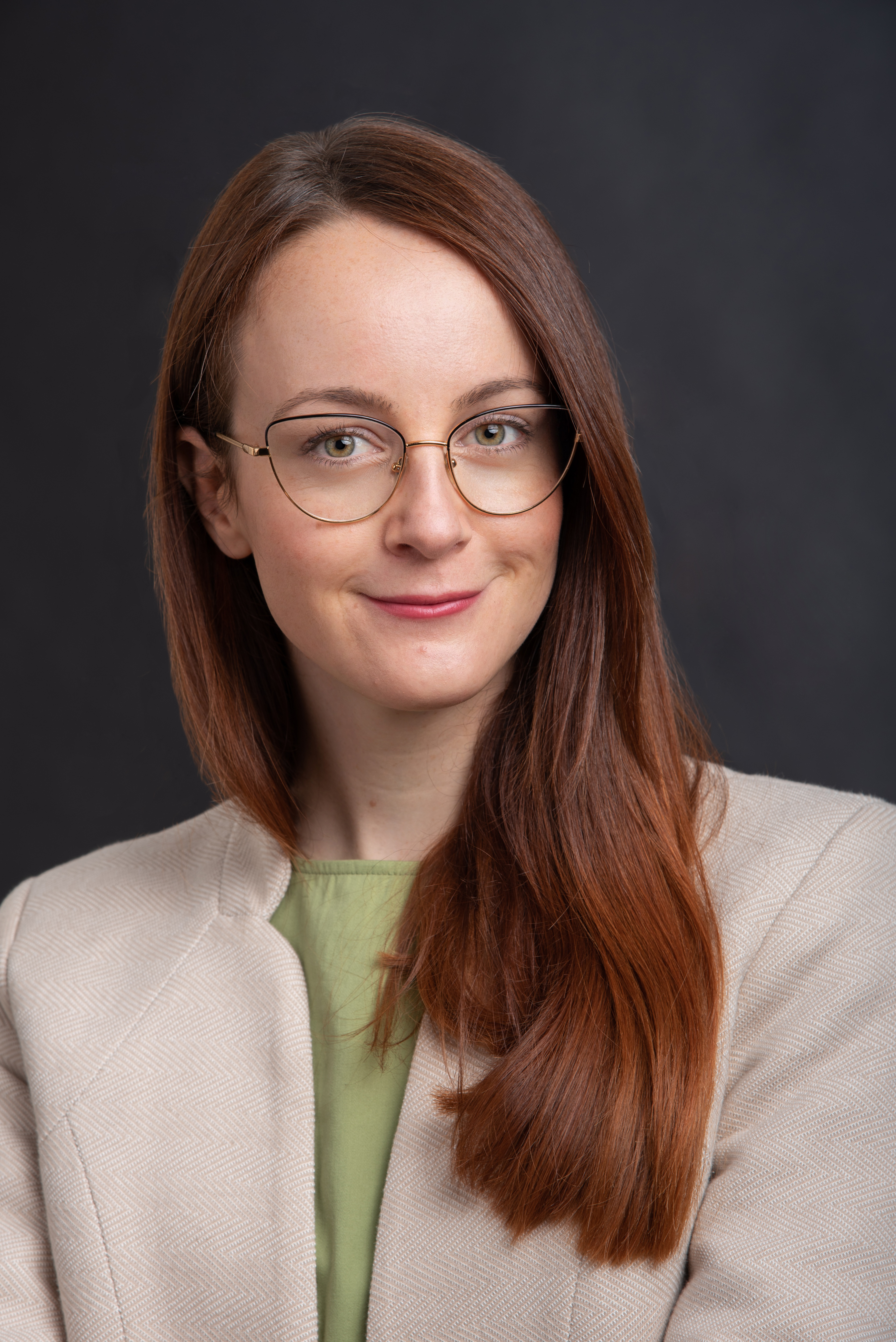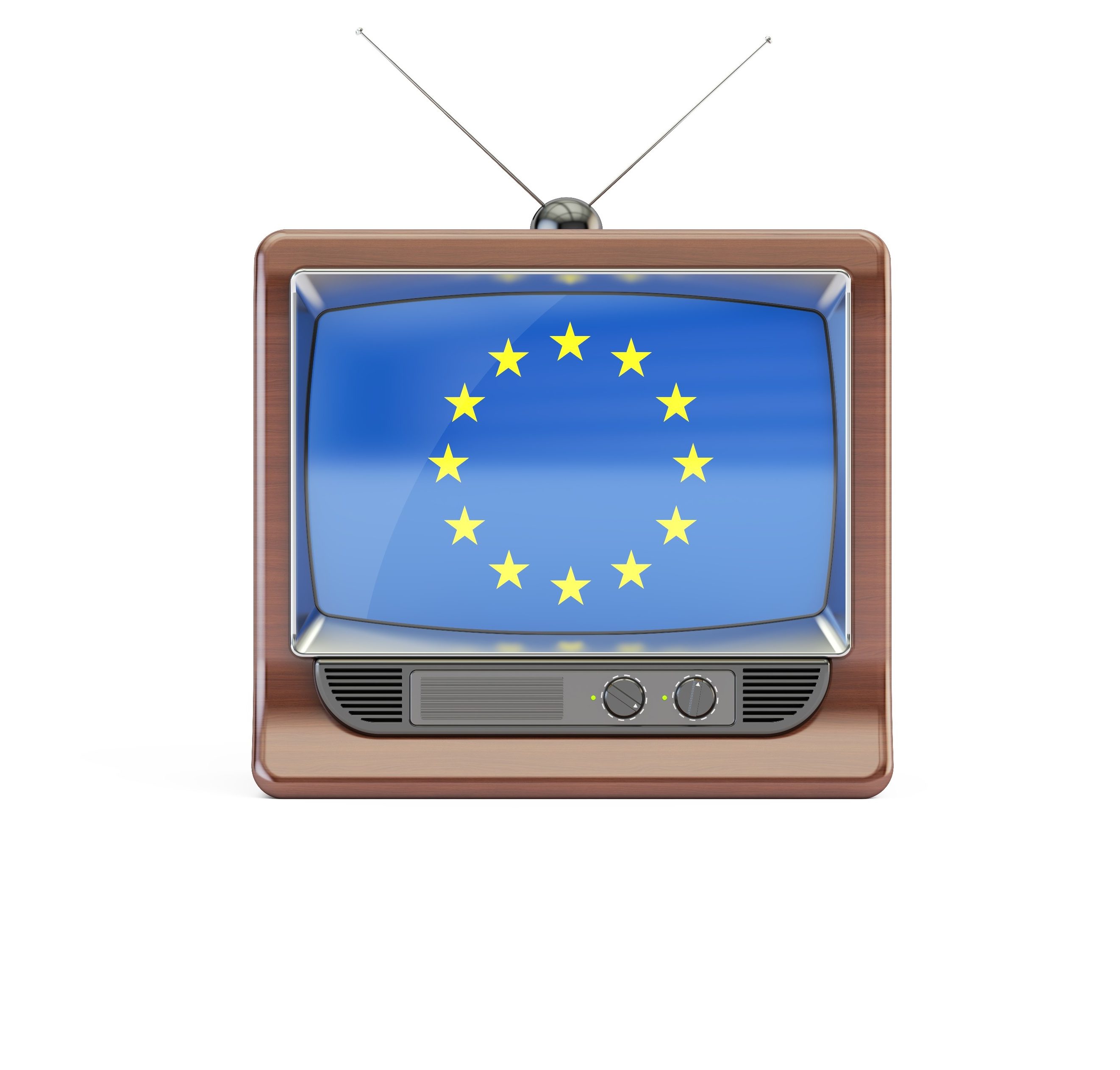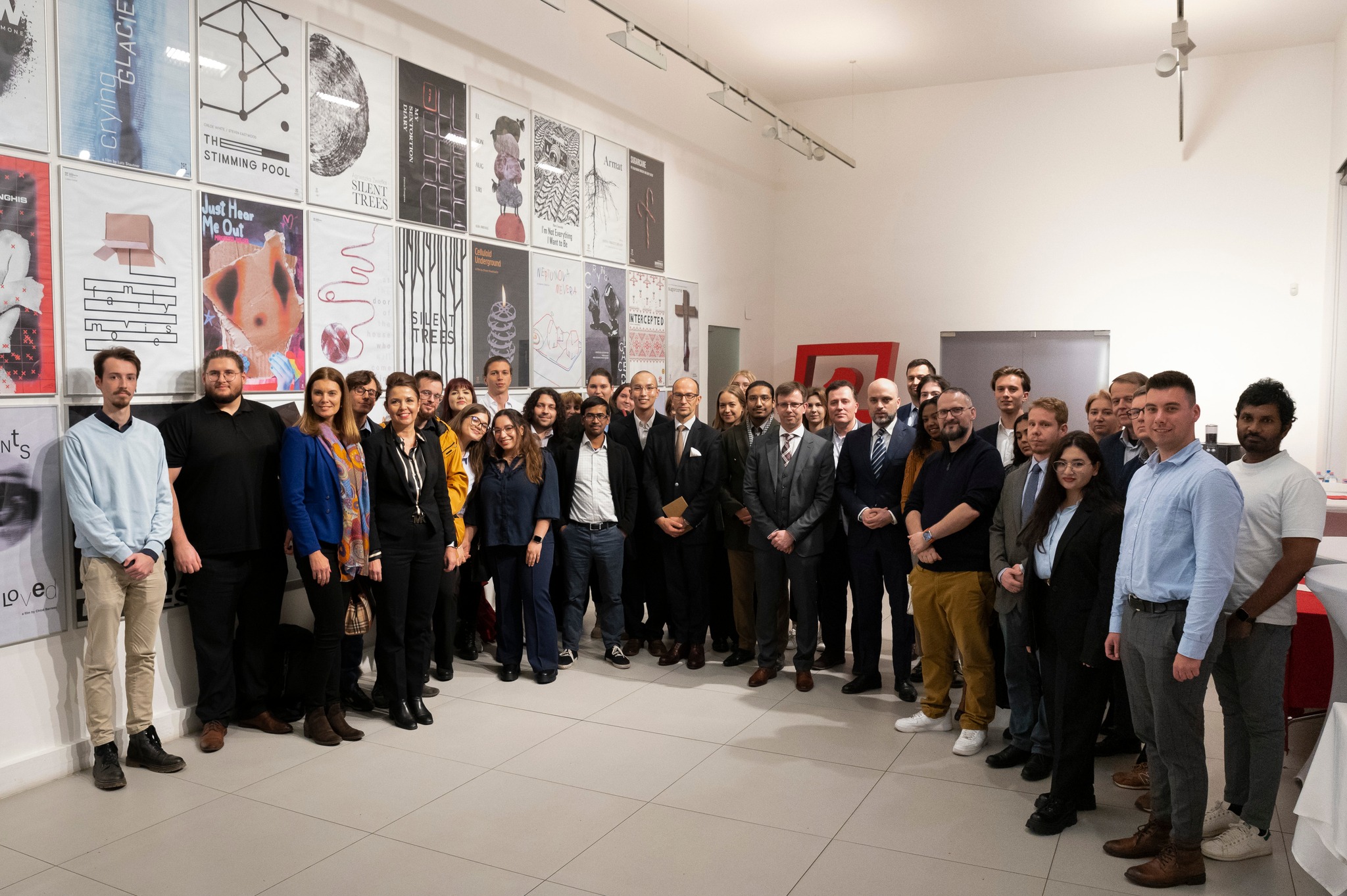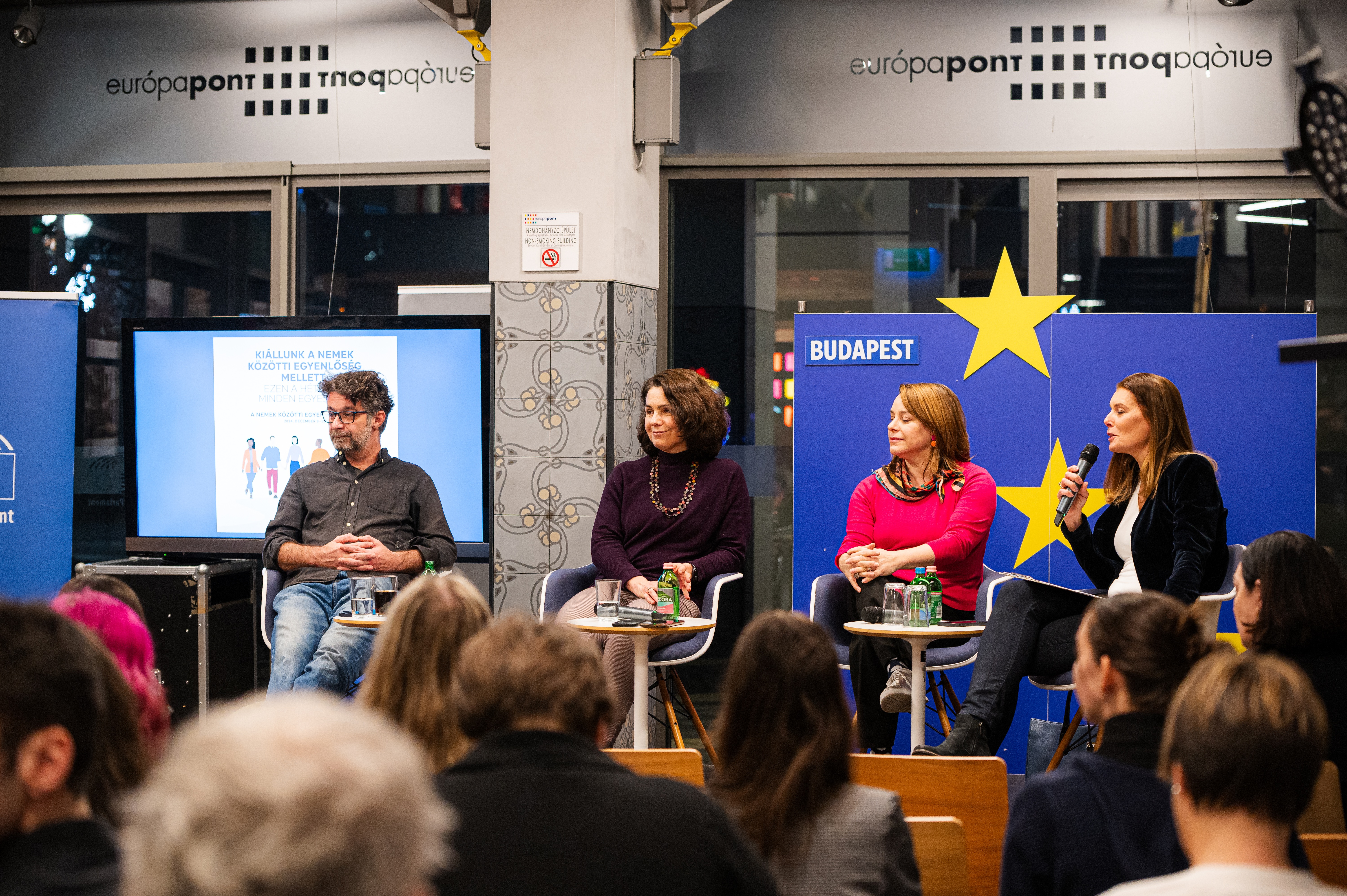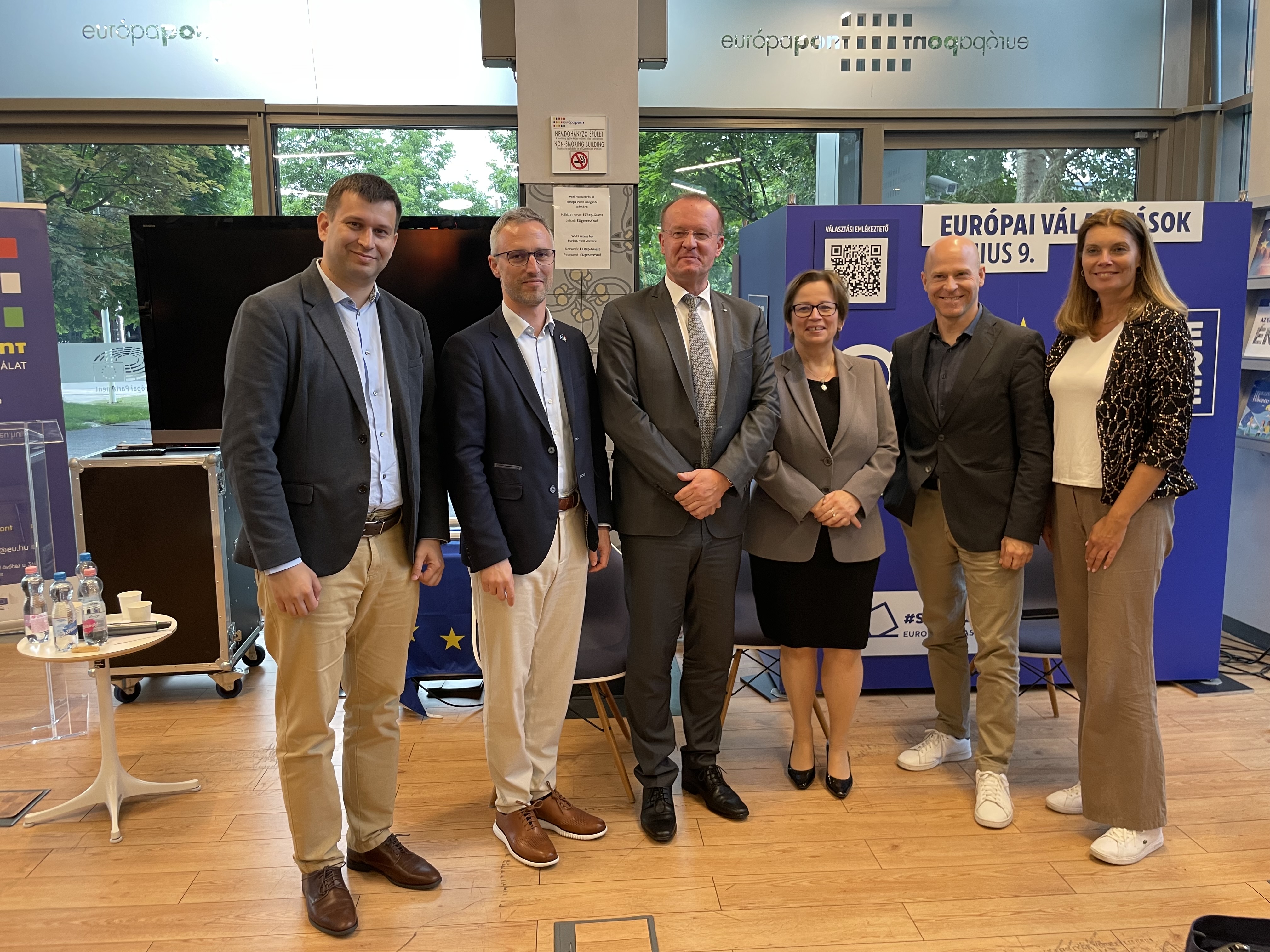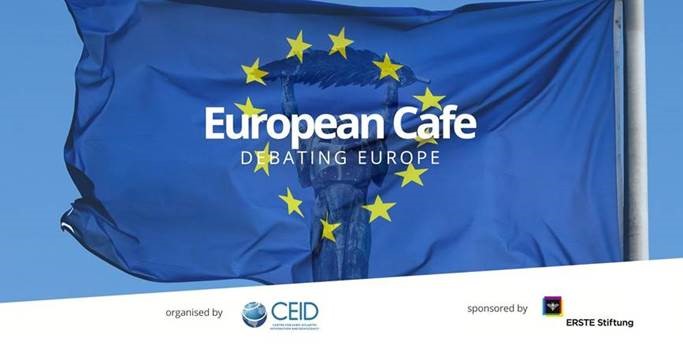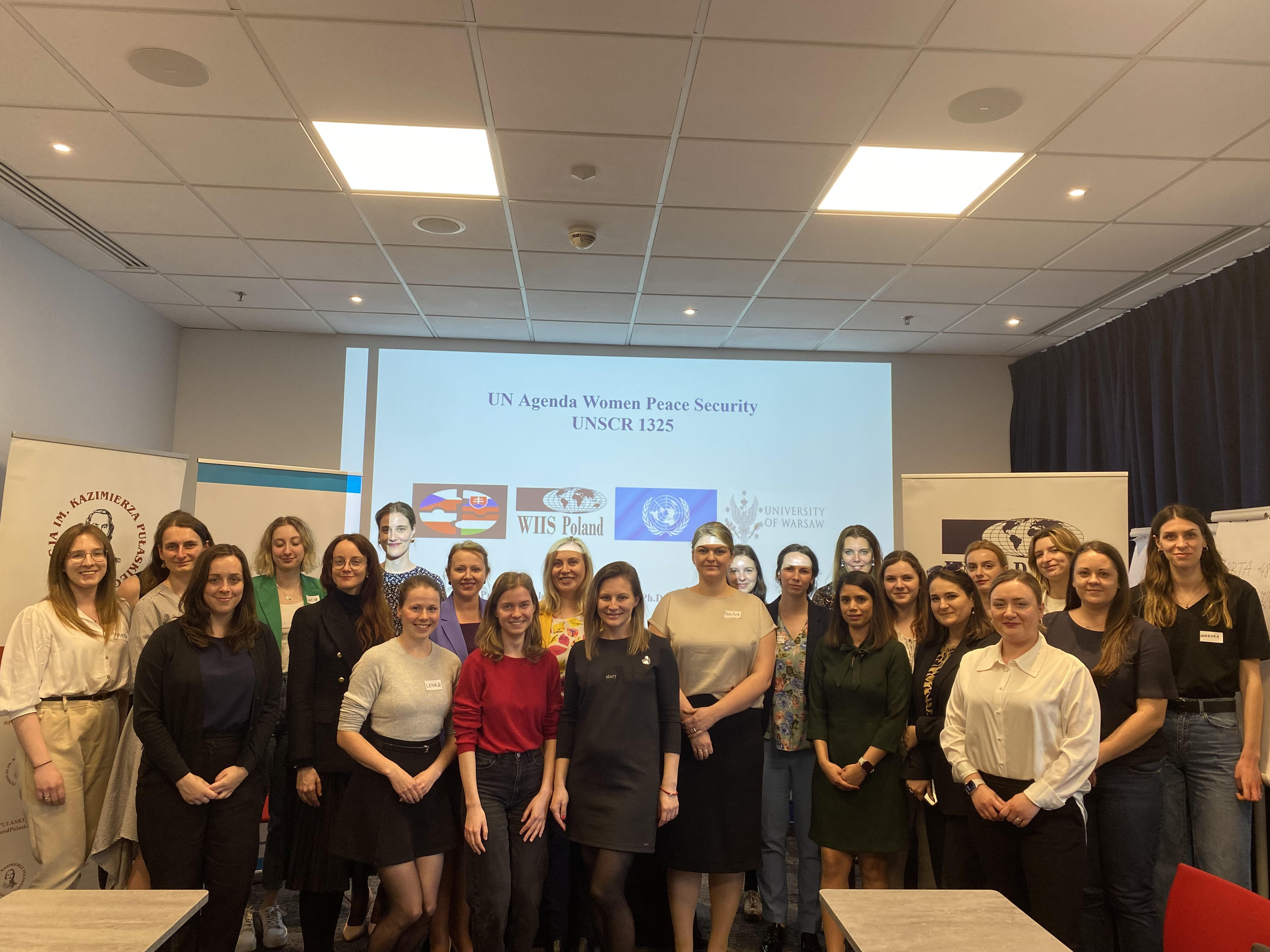25 Mar Discussion on the future of European Defence in Brussels
On March 17, IRSEM Europe hosted a high-level discussion in collaboration with EUROPEUM and the Think Visegrad platform, focusing on the future of European defense amid ongoing geopolitical shifts. The event featured experts Aleksandra Kozioł (PISM), Juraj Majcin (European Policy Centre), Federica Mangiameli (GLOBSEC), and...


